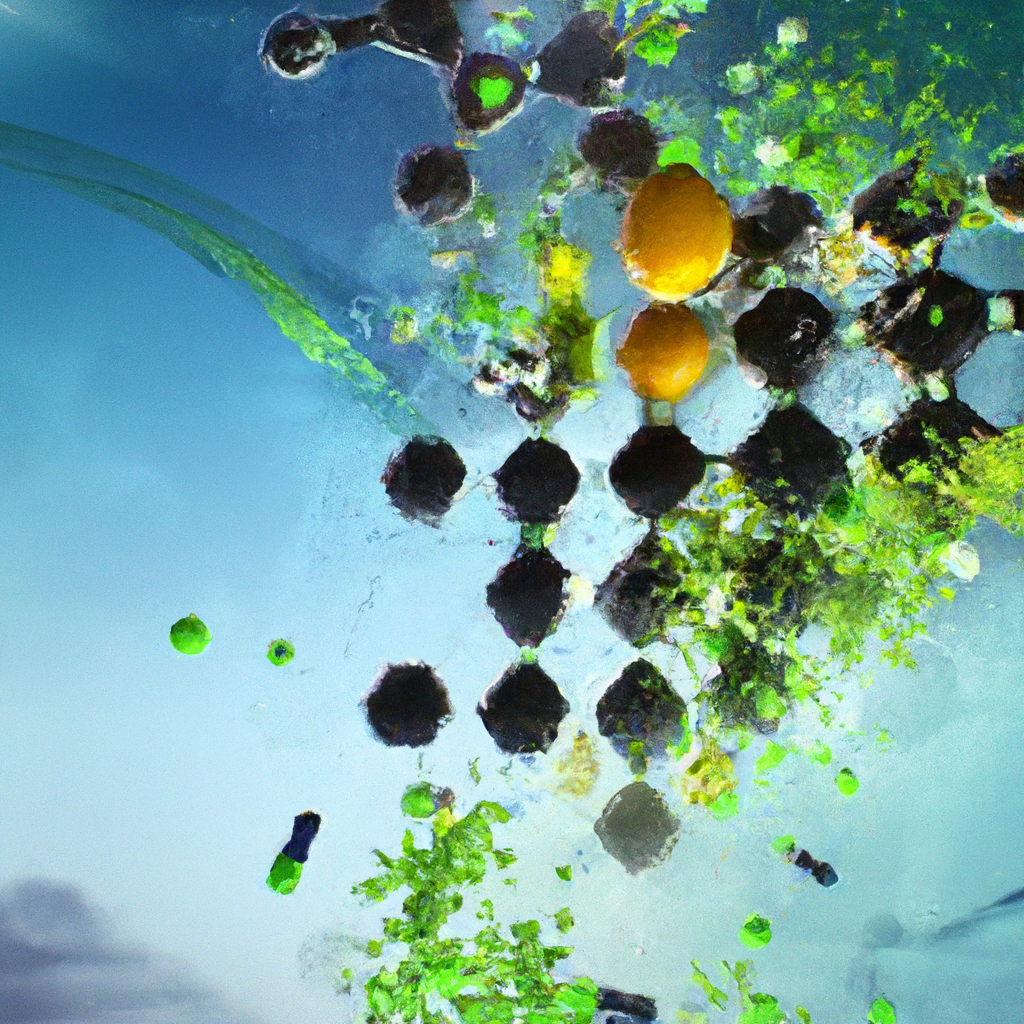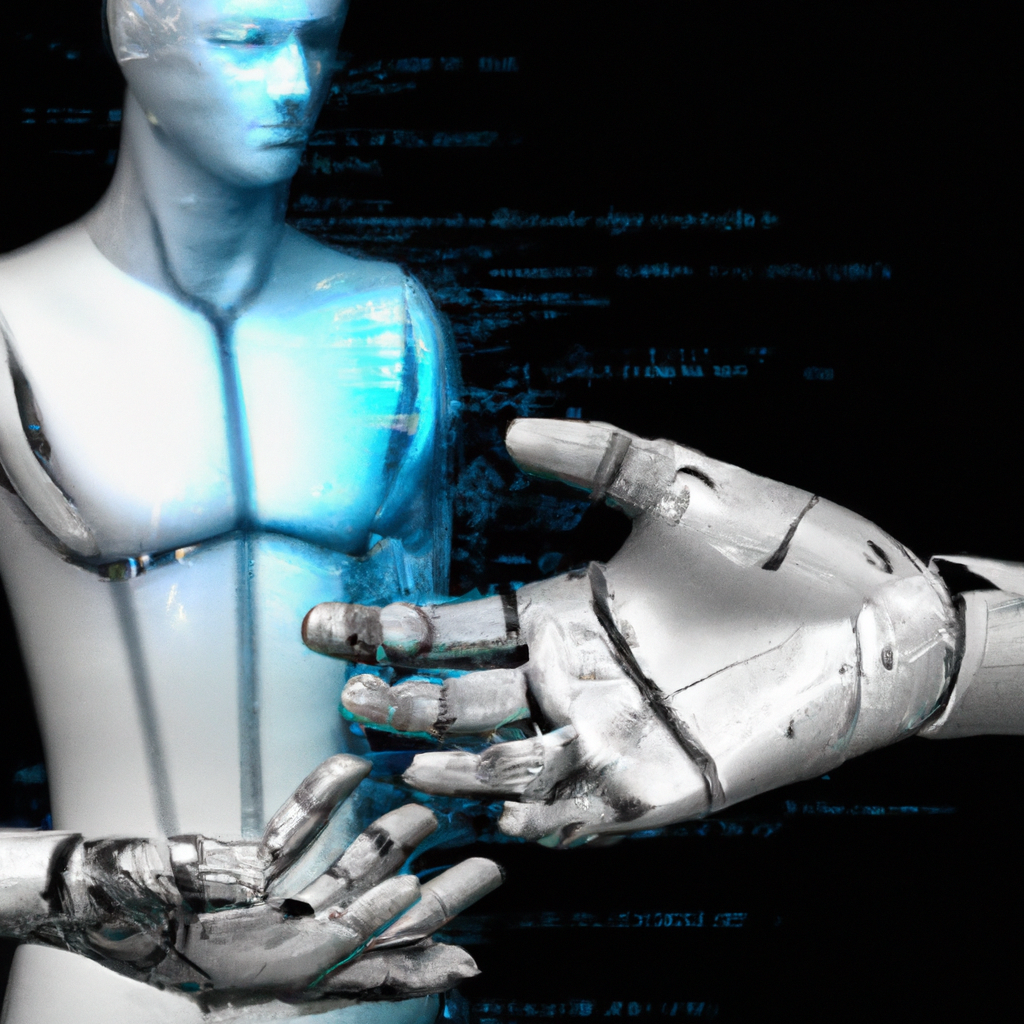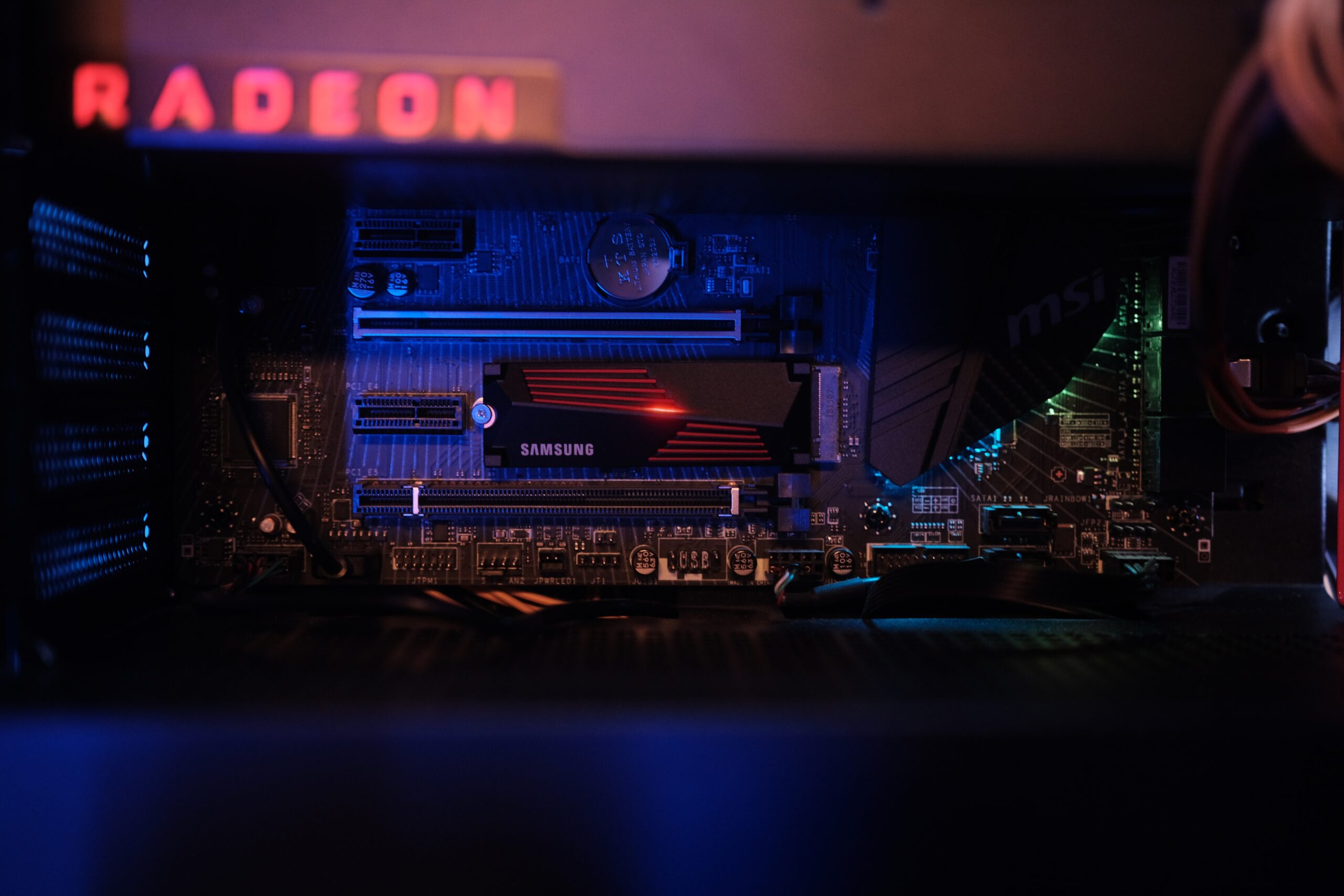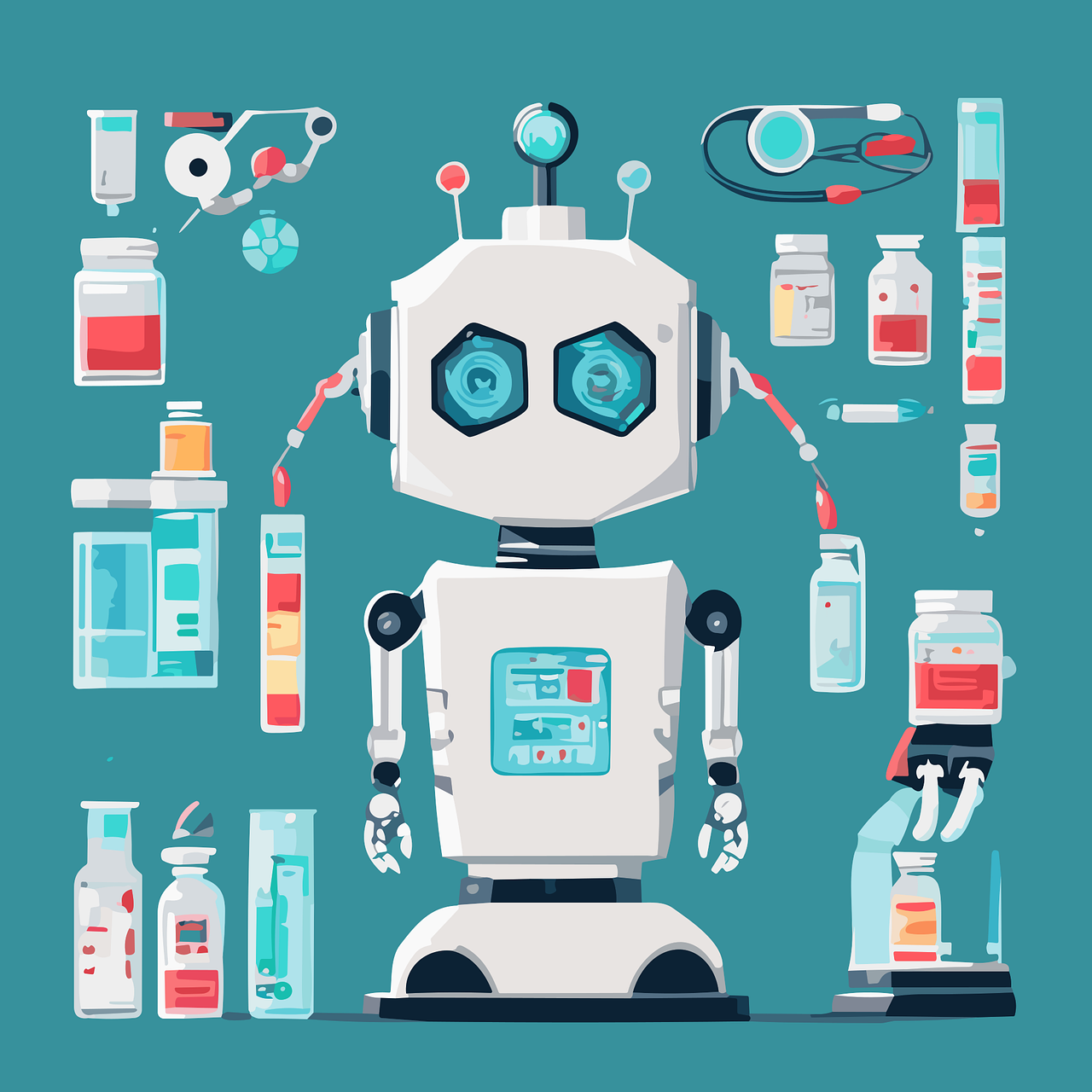Imagine a world where scientists have the power to engineer life itself, creating synthetic organisms capable of solving our planet’s most pressing problems. This is the exciting realm of synthetic biology, a cutting-edge field that combines biology and engineering to revolutionize the way we approach healthcare, environmental sustainability, and more. With the potential to unlock new medicines, design cleaner fuels, and even transform the way we grow our food, synthetic biology offers a tantalizing glimpse into a future where science fiction becomes reality. Join us as we explore the fascinating world of synthetic biology and its potential to shape a brighter future for all.
Introduction to Synthetic Biology
Definition and Overview
Synthetic Biology is a field that combines biology, engineering, and computer science to design and create new biological systems that do not exist in nature. It involves the construction and manipulation of genetic components to develop organisms with specific functions or traits. By harnessing the principles of genetic engineering and molecular biology, synthetic biology aims to revolutionize various industries and address complex global challenges.
History of Synthetic Biology
The concept of synthetic biology can be traced back to the early 20th century with the discovery of DNA as the basis of heredity. However, it wasn’t until the 21st century that the field gained significant momentum. In 2000, the term “synthetic biology” was coined by Dr. Tom Knight, a computer scientist at the Massachusetts Institute of Technology (MIT). Since then, remarkable progress has been made in understanding and manipulating genetic code, paving the way for several breakthroughs in the field.
Applications of Synthetic Biology
Healthcare and Medicine
Synthetic biology has the potential to revolutionize healthcare and medicine by enabling the development of novel treatments and diagnostics. Through synthetic biology, scientists can engineer bacteria to produce therapeutic proteins, vaccines, and even organs for transplantation. This approach holds promise for personalized medicine, where treatments can be tailored to an individual’s genetic makeup.
Agriculture and Food Production
In agriculture, synthetic biology offers innovative solutions to enhance crop productivity, improve pest resistance, and reduce the environmental impact of farming practices. By engineering plants for higher yields and increased tolerance to drought and diseases, synthetic biology can contribute to global food security. Additionally, the field enables the production of sustainable and nutritious food alternatives through the biofabrication of meat, dairy, and other animal products.
Environmental Solutions
Synthetic biology presents opportunities to address pressing environmental issues, such as pollution and climate change. By designing microorganisms capable of breaking down pollutants or converting waste into valuable resources, synthetic biology can contribute to effective waste management and the development of sustainable biofuels. Furthermore, synthetic biology tools can aid in environmental monitoring and conservation efforts by creating biosensors and engineered organisms to detect and respond to changes in ecosystems.
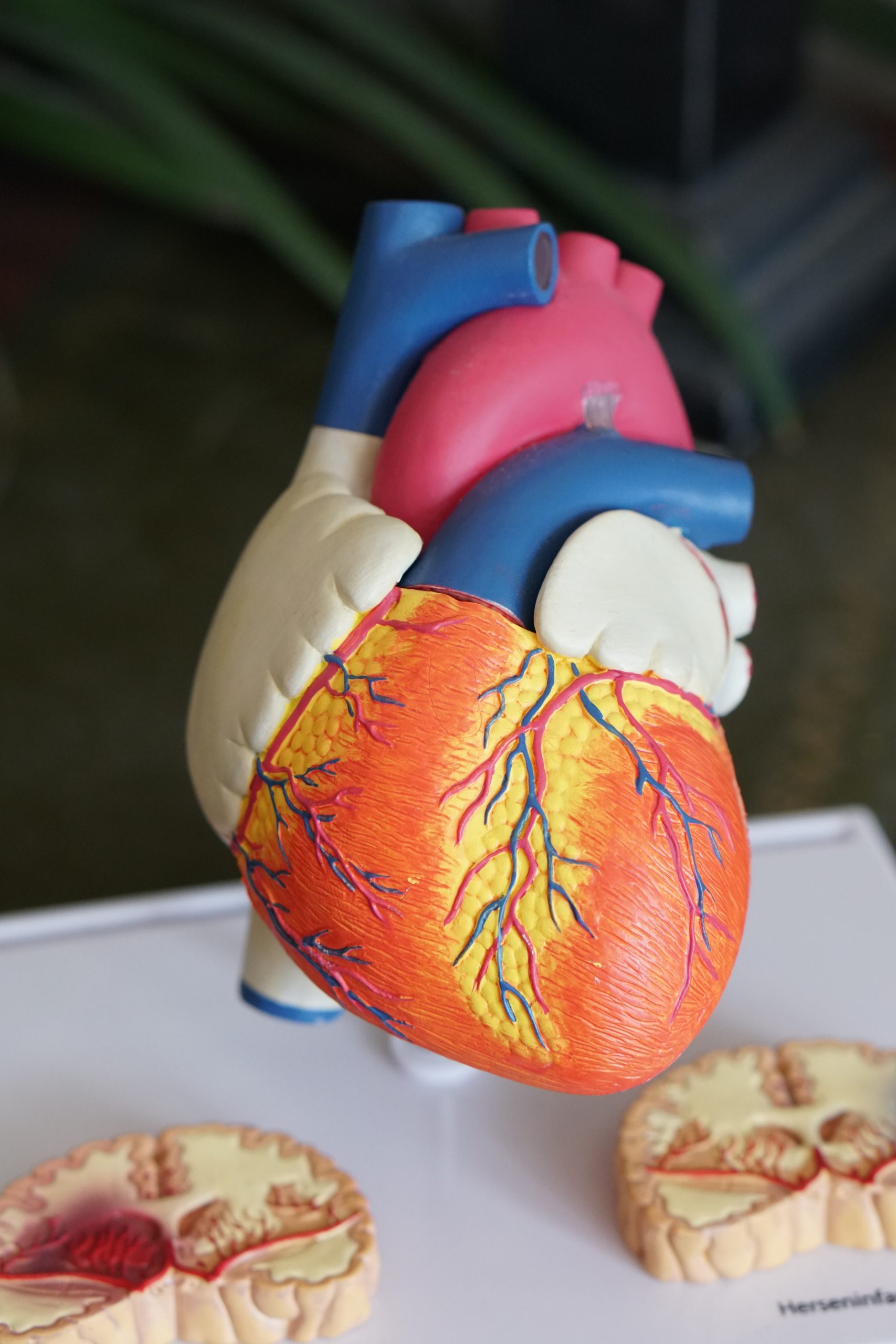
Techniques and Tools in Synthetic Biology
DNA Synthesis and Assembly
DNA synthesis and assembly are fundamental techniques in synthetic biology, allowing scientists to construct custom genetic sequences. Through advances in DNA synthesis technologies, it is now possible to create genes, pathways, and even entire genomes from scratch. This enables the design and implementation of complex biological functions, paving the way for the development of synthetic organisms with desired traits.
Genome Engineering
Genome engineering involves the precise modification of an organism’s DNA to introduce new functions or alter existing ones. Techniques such as CRISPR-Cas9 have revolutionized genome editing by providing a precise and efficient way to make targeted changes in the genetic code. Genome engineering has numerous applications, ranging from creating disease-resistant crops to developing gene therapies for genetic disorders.
CRISPR-Cas9 Technology
CRISPR-Cas9 is a revolutionary gene-editing tool derived from the immune system of bacteria. It allows scientists to target specific DNA sequences and make precise changes, such as adding or deleting genes. The versatility and accessibility of CRISPR-Cas9 have significantly accelerated research in synthetic biology and opened up possibilities for precise genetic modifications in various organisms.
Gene Circuit Design
Gene circuit design involves the construction of networks of genetic components, such as genes and regulatory elements, to control the behavior of cells. By engineering synthetic gene circuits, scientists can program cells to perform specific functions, such as producing drugs or sensing environmental cues. This technology has applications in both basic research and industrial biotechnology.
Challenges and Ethical Considerations
Safety and Biosecurity
Synthetic biology brings the potential for unintended consequences and risks, such as the accidental release of synthetic organisms into the environment or the creation of biological weapons. Thus, ensuring safety and biosecurity is of paramount importance. International regulations, risk assessments, and secure laboratory practices are essential to prevent potential harm and misuse of synthetic biology technologies.
Intellectual Property and Regulation
With the rapid progress in synthetic biology, the issue of intellectual property and regulation has become significant. Determining ownership and control of synthetic organisms, genetic sequences, and associated technologies can be complex. Balancing the sharing of scientific knowledge and encouraging innovation while protecting intellectual property rights is crucial for the continued growth of synthetic biology.
Social and Ethical Impact
The advancements in synthetic biology raise important social and ethical questions. The ability to engineer life raises issues related to the definition of life, the impact on ecosystems, and the potential for creating or exacerbating social inequalities. As synthetic biology continues to evolve, it is essential to engage in ethical discussions and involve diverse stakeholders to ensure responsible and equitable development and deployment of synthetic biology technologies.

Synthetic Biology vs Traditional Genetic Engineering
Differences and Similarities
Synthetic biology and traditional genetic engineering share similarities in the use of genetic manipulation to modify organisms. However, synthetic biology extends beyond individual gene modifications and emphasizes the design and construction of novel biological systems. Traditional genetic engineering often involves the transfer of genes between organisms to achieve specific traits, whereas synthetic biology aims to engineer organisms from the ground up, utilizing engineering principles and standardized genetic parts.
Advantages and Disadvantages
Synthetic biology offers several advantages over traditional genetic engineering. It enables the creation of customized genetic components, allowing for precise control and fine-tuning of biological systems. Additionally, synthetic biology has the potential for greater scalability and automation, which can accelerate research and applications. However, challenges such as the complexity of designing synthetic organisms and the potential for unintended consequences underscore the need for careful risk assessment and ethical considerations.
Current and Future Trends in Synthetic Biology
Synthetic Cells and Organisms
One of the emerging frontiers in synthetic biology is the creation of synthetic cells and organisms. Scientists aim to construct minimal cells with the bare minimum genetic components necessary for life. This research not only provides insights into the fundamental principles of life but also offers opportunities for building organisms with tailored functionalities for biotechnology and medical applications.
Biofabrication and Biomanufacturing
Biofabrication and biomanufacturing involve the use of synthetic biology to produce materials and products through biological processes. This encompasses the biofabrication of tissues and organs, the production of biofuels, and the development of sustainable materials. Harnessing the power of synthetic biology in biomanufacturing holds tremendous potential for sustainable and environmentally friendly production processes.
Artificial Intelligence and Machine Learning Integration
The integration of artificial intelligence (AI) and machine learning with synthetic biology is an emerging trend. AI and machine learning algorithms can help analyze vast amounts of biological data, design optimized genetic circuits, and predict the behavior of engineered organisms. This integration can significantly enhance the efficiency and effectiveness of synthetic biology research and applications.

Education and Workforce Development in Synthetic Biology
Academic Programs and Research Institutions
Recognizing the importance of synthetic biology, many academic institutions offer specialized programs and research opportunities in the field. These programs provide students with the knowledge and skills necessary for a career in synthetic biology. Collaborations between academia, industry, and government institutions also play a crucial role in fostering research and innovation in synthetic biology.
Skills and Training Requirements
Synthetic biology requires a multidisciplinary skill set, including expertise in biology, genetics, engineering, and computer science. Proficiency in laboratory techniques, data analysis, and bioinformatics is essential for conducting research in synthetic biology. Furthermore, hands-on training and experience in designing and constructing genetic circuits are valuable for individuals pursuing a career in the field.
Collaboration and Global Initiatives
Public-Private Partnerships
Collaboration between public and private entities is crucial for advancing synthetic biology research and accelerating its applications. Public-private partnerships facilitate the sharing of resources, knowledge, and expertise, allowing for greater innovation and the translation of scientific discoveries into tangible solutions. These collaborations also help address challenges such as intellectual property rights and ensure the responsible and equitable development of synthetic biology.
International Cooperation for Biosecurity
Given the potential risks associated with synthetic biology, international cooperation is vital for ensuring biosecurity and preventing misuse of the technology. Collaborative efforts among countries can help establish common safety guidelines, share best practices, and promote responsible research and development. By fostering international cooperation, stakeholders can collectively address the ethical, legal, and safety implications of synthetic biology.
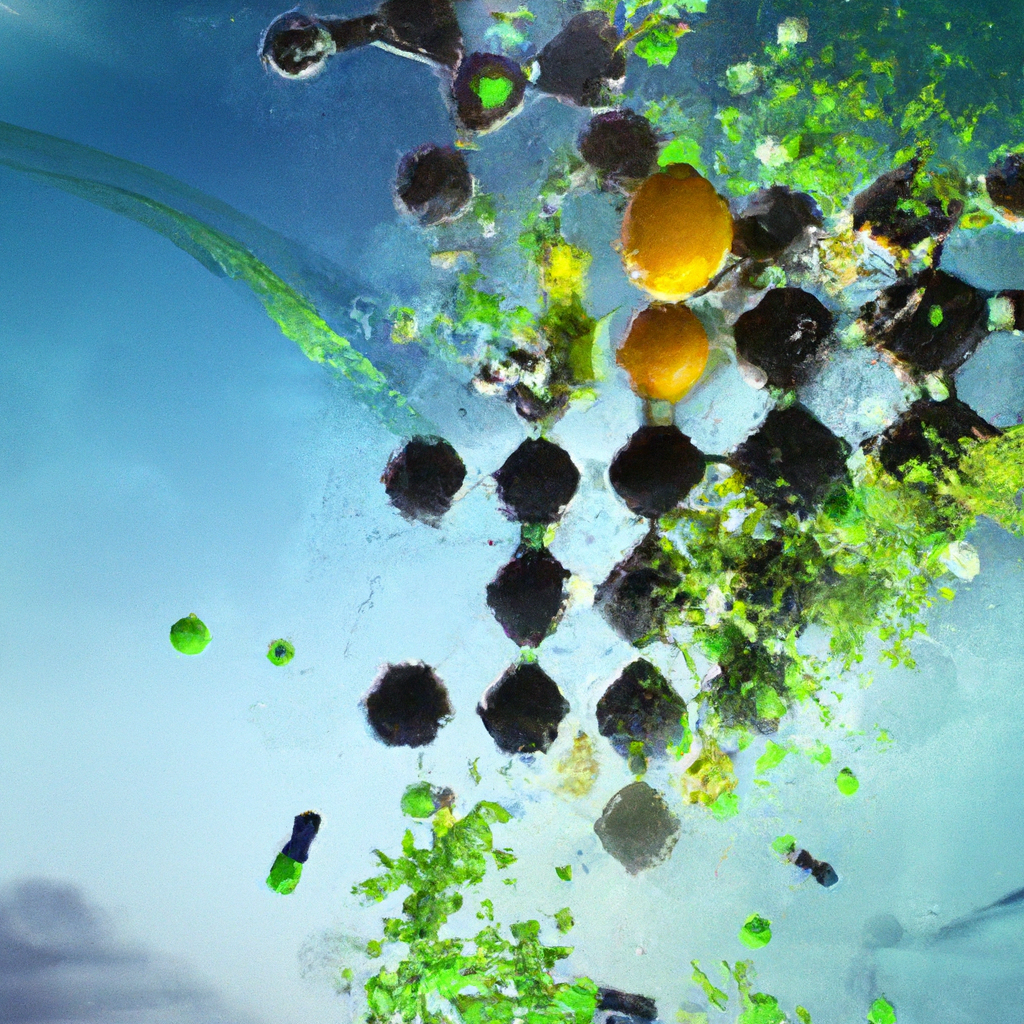
Synthetic Biology and Sustainable Development Goals
Contributions to Global Challenges
Synthetic biology has the potential to contribute significantly to achieving the United Nations Sustainable Development Goals (SDGs). Whether through advancements in healthcare, food security, or environmental sustainability, the field offers innovative solutions to address global challenges. Synthetic biology can play a critical role in combatting diseases, reducing hunger, conserving biodiversity, and promoting sustainable production and consumption.
Opportunities for Sustainable Solutions
Synthetic biology provides opportunities for the development of sustainable solutions that minimize environmental impact and promote resource efficiency. By utilizing renewable resources and optimizing biological processes, synthetic biology can drive the transition to a more sustainable and circular economy. Innovations such as bio-based materials, biodegradable plastics, and carbon capture technologies demonstrate the potential of synthetic biology to create a more sustainable future.
The Future of Synthetic Biology
Potential Impact on Society and the Environment
The future of synthetic biology holds immense potential to impact society and the environment positively. From personalized medicine to sustainable agriculture and environmental remediation, synthetic biology offers unprecedented possibilities for solving complex challenges. The field’s ability to engineer life at the molecular level opens doors for innovative solutions that can enhance the quality of life, protect the environment, and drive sustainable development.
Risks and Precautionary Measures
As synthetic biology continues to evolve, it is crucial to address and mitigate potential risks. Comprehensive risk assessments, stringent safety measures, and responsible research practices are necessary to prevent unintended consequences, such as the release of genetically modified organisms or the creation of harmful pathogens. Collaboration between scientists, policymakers, and stakeholders is essential in developing appropriate regulatory frameworks and informed decision-making processes to ensure the responsible advancement of synthetic biology.
In conclusion, synthetic biology represents a powerful framework for engineering life to address global challenges and create a better future. With its applications spanning healthcare, agriculture, environmental solutions, and more, synthetic biology provides innovative and sustainable solutions to complex problems. However, with the immense potential come challenges, including safety concerns, ethical considerations, and the need for international collaboration. By embracing responsible practices and promoting interdisciplinary collaborations, synthetic biology has the potential to make a lasting impact on society, the environment, and sustainable development goals.






